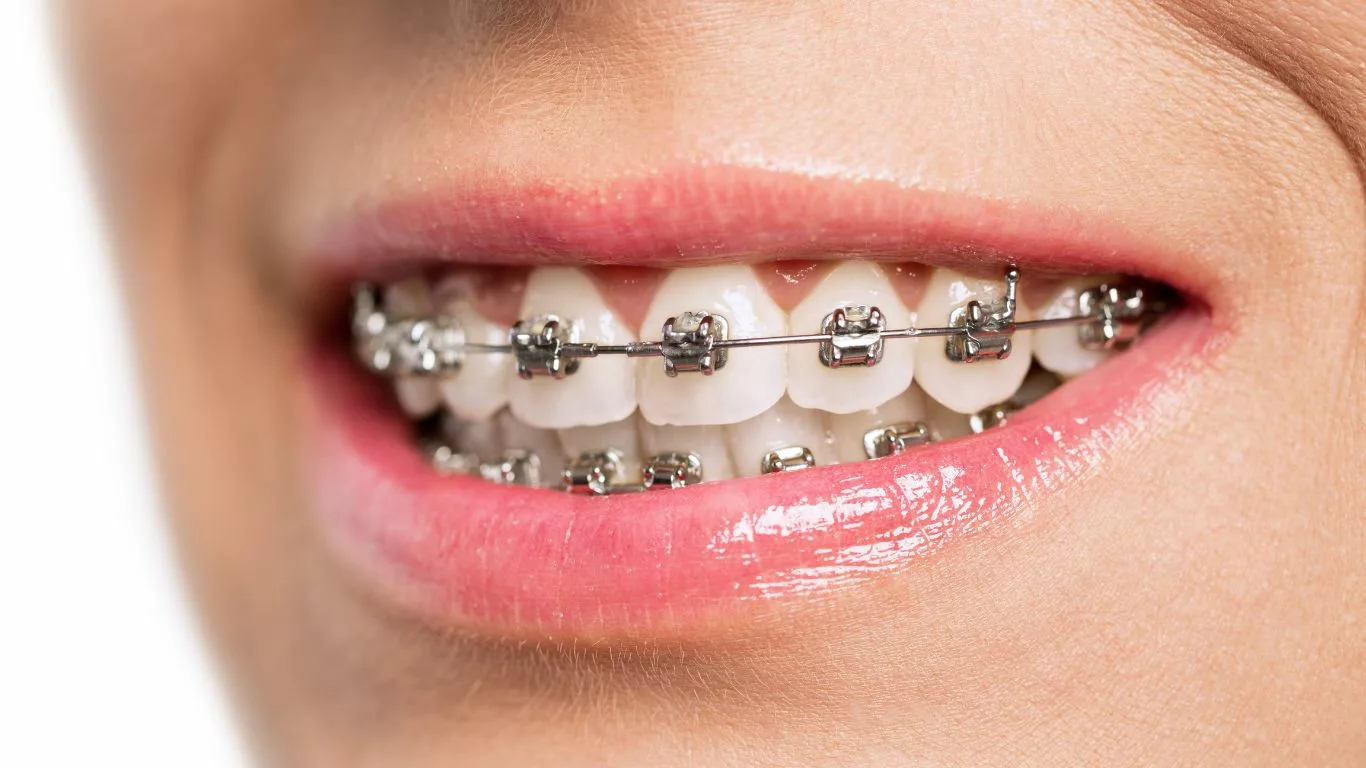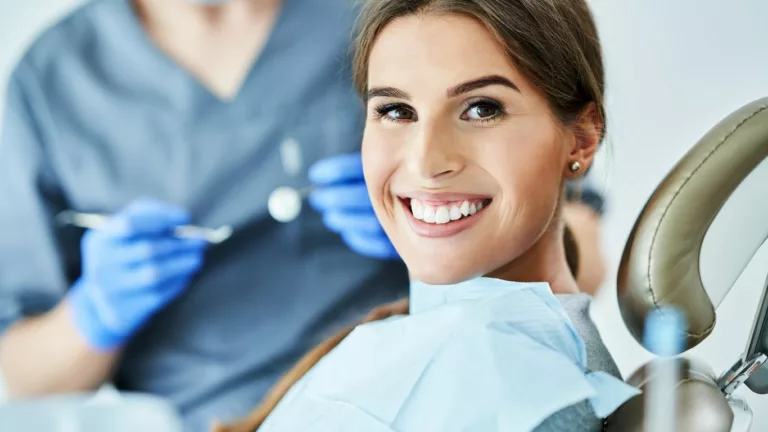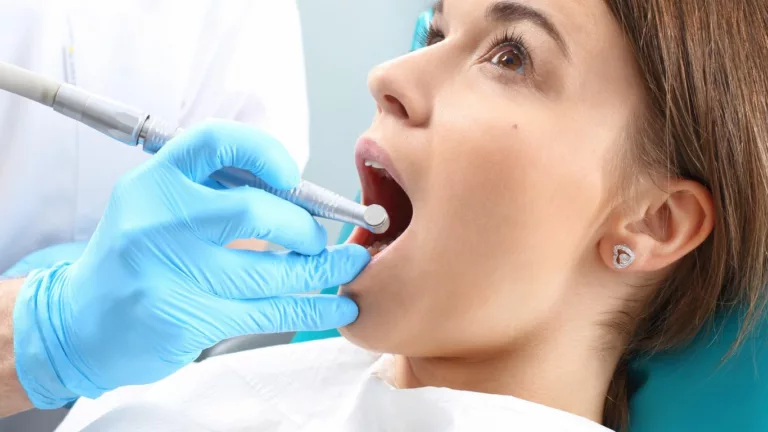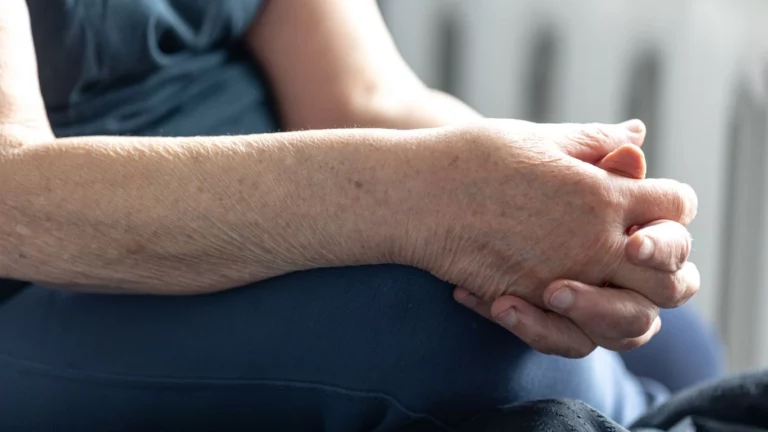Can You Eat Chips with Braces? – A Crunchy Dilemma
Wondering if you can eat chips with braces? Discover which types are safe, tips to avoid damage, and how to enjoy snacks without compromising your orthodontic treatment.
Getting braces is a significant step toward achieving a perfect smile, but it also comes with dietary restrictions to ensure your orthodontic treatment is successful. If you love crunchy snacks, you might be asking: Can you eat chips with braces? This guide will help you navigate your snack choices while keeping your braces intact.
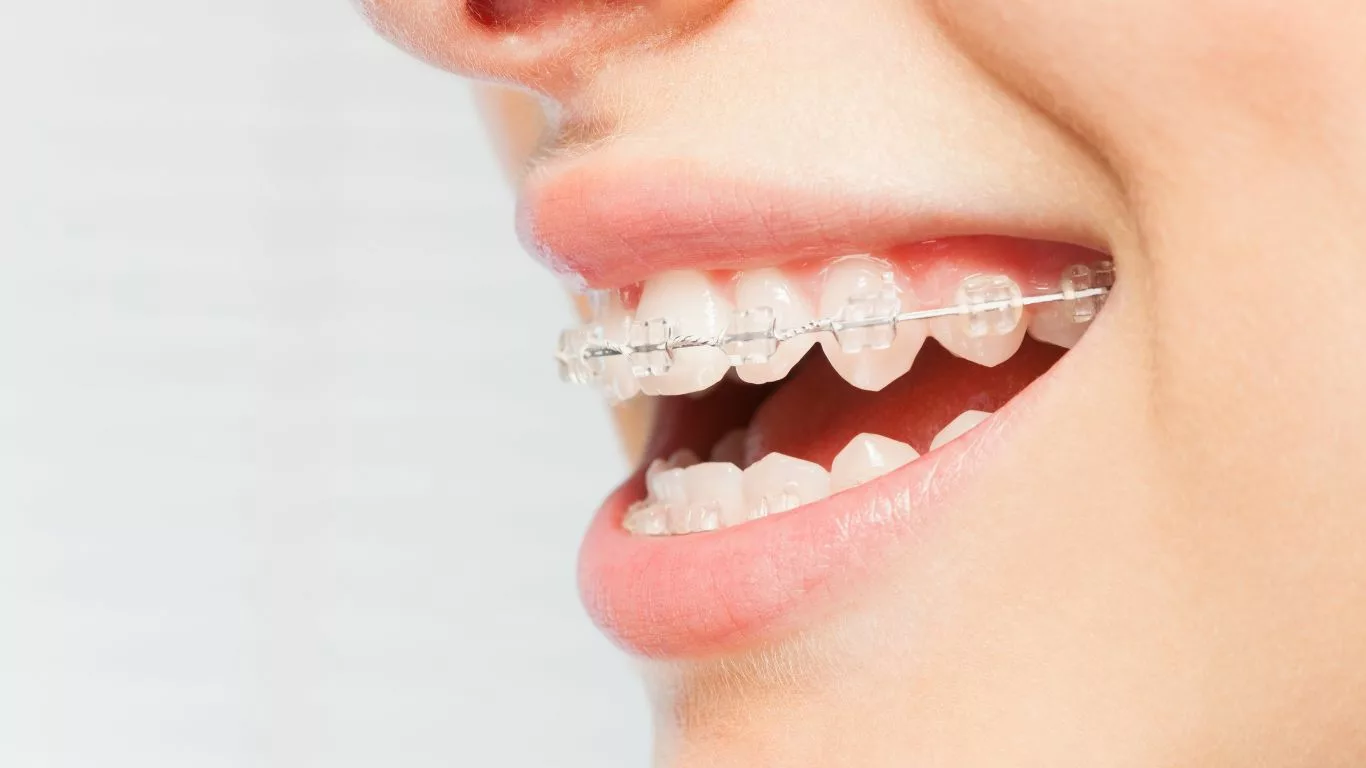
Can You Eat Chips with Braces?
The short answer is yes, but with caution. Having braces means that you need to be more mindful of the foods you consume, especially those that are hard or crunchy. While chips are a popular snack, not all chips are created equal, and some can pose a greater risk to your braces than others. The key to enjoying chips without compromising your orthodontic treatment is to choose the right types and consume them in moderation. Understanding the potential risks and taking preventive measures can help you indulge in your favorite snacks while keeping your braces intact.
Why Chips Can Be Risky
Chips are generally hard and crunchy, which can be problematic for braces. When you bite down on a chip, the force exerted can potentially break brackets, bend wires, or cause other damage to your orthodontic hardware. This is especially true for chips that are thick or have a particularly tough texture. Additionally, because chips tend to crumble easily, they can get lodged between your braces and teeth. These small particles can be difficult to remove, leading to plaque buildup, which increases the risk of tooth decay and gum disease. Furthermore, chips are often high in starch, which, when mixed with saliva, can turn into a sticky substance that adheres to your teeth and braces, making it even harder to clean thoroughly.
Types of Chips to Avoid
To protect your braces, it’s best to steer clear of the following types of chips:
- Kettle-Cooked Chips: These chips are thicker and crunchier than regular potato chips, making them more likely to cause damage to your braces. The extra crunch can put undue stress on your brackets and wires, increasing the likelihood of breakage.
- Tortilla Chips: Often very hard and rigid, tortilla chips can easily snap a bracket or wire if you’re not careful. Their sharp edges can also poke into your gums or the soft tissues of your mouth, causing discomfort or even injury.
- Hard Corn Chips: These chips are especially dangerous due to their tough texture. Biting into a hard corn chip can exert significant pressure on your braces, leading to potential damage. Moreover, their rigid structure makes them more likely to get stuck in your braces, creating additional cleaning challenges.
- Flavored or Seasoned Chips: While not necessarily harder than plain chips, flavored or seasoned chips can pose another risk. The added seasoning can stick to your braces, making it more difficult to clean your teeth effectively. This can contribute to plaque buildup and increase the risk of tooth decay.
Braces-Friendly Chips
If you can’t resist the occasional chip, there are softer varieties that are less likely to harm your braces. These alternatives allow you to enjoy a satisfying crunch without the same level of risk:
- Baked Chips: Baked chips tend to be less crunchy than fried ones, reducing the risk of damage to your braces. They are generally thinner and less dense, which means they require less force to bite through. This makes them a safer option for those with braces.
- Potato Chips (in moderation): Regular potato chips are usually thin enough to be safer than thicker, crunchier alternatives. However, it’s still important to eat them in moderation and be mindful of how you’re chewing. Opt for brands that offer thinner cuts or lighter textures to minimize risk.
- Puffed Snacks: Puffed snacks like cheese puffs or veggie straws are typically soft and can be a safer option for those with braces. These snacks are airy and have a lighter texture, making them easier to chew and less likely to cause damage. Additionally, their structure tends to disintegrate quickly in your mouth, reducing the chances of getting stuck in your braces.
- Soft Corn Chips: If you’re craving corn chips, opt for softer, more pliable versions that are less likely to damage your braces. Some brands offer corn chips that are specifically designed to be less crunchy, making them a better choice for those undergoing orthodontic treatment.

Tips for Eating Chips with Braces
If you decide to indulge in chips while wearing braces, it’s essential to follow these tips to minimize potential damage:
Cut Them into Smaller Pieces
Instead of biting directly into a whole chip, break it into smaller pieces to reduce the pressure on your braces. By doing so, you distribute the force more evenly across your teeth and braces, lowering the risk of damage. Additionally, smaller pieces are less likely to get stuck in your braces, making it easier to maintain good oral hygiene.
Eat Slowly and Carefully
Take your time and chew slowly to avoid putting too much force on your brackets and wires. Eating slowly also allows you to be more aware of how your braces are handling the food, giving you the opportunity to adjust your chewing technique as needed. Chewing carefully can prevent you from accidentally biting down too hard on a chip, which could cause damage.
Rinse and Brush Afterward
After enjoying chips, rinse your mouth with water to remove any lingering particles. This helps to wash away any food debris that could get stuck in your braces. Following up with thorough brushing is essential to prevent plaque buildup and tooth decay. Pay special attention to the areas around your brackets and wires, as these can trap food particles more easily. Using an interdental brush or water flosser can also be beneficial for cleaning around your braces.

Conclusion
While it’s possible to eat chips with braces, it’s important to choose the right types and follow precautions to protect your orthodontic investment. By opting for softer chips, eating carefully, and maintaining good oral hygiene, you can still enjoy your favorite snacks without compromising your treatment.
Appendices
References
For more information on maintaining your braces while enjoying your favorite foods, consider these resources:
- American Association of Orthodontists (AAO). Braces and Your Diet: What to Eat and What to Avoid.
- Colgate Oral Care Center. How to Eat with Braces.
- Mayo Clinic. Orthodontic Treatment: Caring for Your Braces.
FAQs
Here are some frequently asked questions about eating chips with braces:
- Can eating chips damage my braces? Yes, certain types of chips can damage your braces by breaking brackets or bending wires. It’s important to choose softer varieties and eat them carefully.
- What should I do if I damage my braces while eating chips? Contact your orthodontist as soon as possible to schedule a repair appointment. In the meantime, avoid eating foods that could cause further damage.
- Are there any other snacks that are safer to eat with braces? Yes, soft snacks like yogurt, cheese, bananas, and applesauce are great options that won’t harm your braces.
Related Table
Here’s a summary table of key information regarding eating chips with braces:
| Type of Chips | Risk Level | Recommendation |
|---|---|---|
| Kettle-Cooked Chips | High | Avoid |
| Tortilla Chips | High | Avoid |
| Baked Chips | Moderate | Enjoy in moderation |
| Puffed Snacks | Low | Safe option |
Disclaimer: The information provided in this article is for educational and informational purposes only. It is not intended to be a substitute for professional medical or orthodontic advice, diagnosis, or treatment. Always seek the advice of your orthodontist or dentist with any questions you may have regarding your braces.

Camellia Wulansari is a dedicated Medical Assistant at a local clinic and a passionate health writer at Healthusias.com. With years of hands-on experience in patient care and a deep interest in preventive medicine, she bridges the gap between clinical knowledge and accessible health information. Camellia specializes in writing about digestive health, chronic conditions like GERD and hypertension, respiratory issues, and autoimmune diseases, aiming to empower readers with practical, easy-to-understand insights. When she’s not assisting patients or writing, you’ll find her enjoying quiet mornings with coffee and a medical journal in hand—or jamming to her favorite metal band, Lamb of God.

